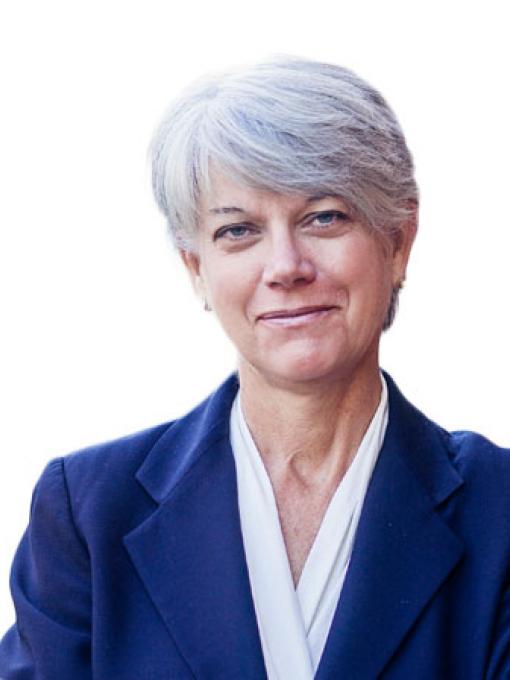The Friends Committee on National Legislation (FCNL) seeks a society with equity and justice for all. How does that translate into our legislative priorities and into the organizational culture of FCNL? How do we live into that vision and become an anti-racist organization?
The reality of white supremacy embedded in our nation’s history and still dominant in our culture today affects all of us, but the direct lethal consequences felt by Black people and other historically marginalized people must be recognized and changed.
We know we have much work to do to eliminate bias, to become more diverse, equitable, and inclusive.
White supremacy manifests at the personal level in our interactions with others and throughout federal policies that institutionalize the oppression of Black people, Native peoples, other peoples of color, and women.
FCNL has consistently lobbied for changes to these federal policies. In the last few years, our legislative priorities—established by our General Committee—have called on us to “identify, expose and work to eliminate institutional racism, institutional sexism, and other forms of systemic discrimination.”
For those of us who are white and working in a majority white organization, we might assume that because of our commitment to equality, peace, and justice that we are free of bias or oppressive behavior.
However, we know we have much work to do to eliminate bias to become more diverse, equitable, and inclusive. We have much work to do to become anti-racist. Rooting out discrimination and establishing equity requires a conscious and constant effort.
We are now embarking on a new initiative that commits our staff and governance to do the work of justice more justly.
Over the last 50 years, FCNL has offered trainings, held discussions, and considered what we could do to address racial discrimination as an organization. From the 1960s onward, our policy advocacy has included legislative priorities for civil rights and tribal sovereignty.
Six years ago, FCNL staff began a process to more intentionally address diversity within our own organization. We defined diversity across a wide variety of personal identities, backgrounds and experiences. We adopted a Diversity, Equity, and Inclusion (DEI) statement and a plan affirming the value of diversity to the well-being of FCNL.
The DEI plan created priorities to recruit, hire, and retain staff and program participants who are diverse and to cultivate a culture in which diversity, equity, and inclusion thrives. As we were expanding our Young Adult Program, we recruited from communities that would bring participants who are more representative of our country than the current composition of FCNL’s governance or staff.
This includes the participation of young adults who are Black, Indigenous, people of color, and white; who are Quakers, Muslims, Christians, Jews, and “nones” who are LGBTQ and straight; who come from low-income households and households of wealth; and who attend elite colleges and community colleges. This diversity creates a vibrancy and opportunity for FCNL.
We are committed to institute practices to transform behaviors and attitudes that foster discrimination and inequity.
In February 2020, our Executive Committee approved a statement that committed the governance of FCNL to more actively engage in promoting DEI as an organization, including addressing our own behavior and actions that rest on white privilege.
We are now embarking on a new initiative that commits our staff and governance to do the work of justice more justly, with Freedom Road, a firm with experience in faith communities and non-profit organizations. Over the next 18 months, Freedom Road will work with FCNL staff and governors to close the narrative gap between the stories we tell about ourselves and the changes we can make to build our capacity as a diverse, equitable and inclusive community.
We are listening in new ways to those within the organization who have experienced oppression and considering what a racially healed FCNL will be. I am grateful to see the enthusiasm of FCNL to embrace this challenging and necessary work. With partner organizations here in Washington, D.C., and Quaker communities across the country, we are tapping new resources and sharing experiences on the soul-changing effort to become anti-racist.
We are committed to institute practices to transform behaviors and attitudes that foster discrimination and inequity.
We are committed to living into our vision of a society with equity and justice for all—as an organization and in our mission to advocate for justice and peace.
